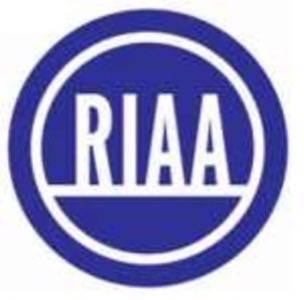Most cases in which the RIAA accuses somebody of illegally sharing files never make it to court. Instead, the RIAA usually offers the defendant a deal. Jammie Thomas, however, who was accused of sharing 1,702 songs on Kazaa in 2007, decided to fight the RIAA, went to court, and was found guilty of illegally sharing 24 copyrighted songs. The jury awarded $220,000 in damages to the RIAA. Now, however, the judge who heard the case has reversed this decision because he gave incorrect instructions to the jury.

Making Available vs. Distribution
In the original trial, the jury was instructed by U.S. District Judge Michael Davis that evidence for the fact that the music on Thomas’ computer was actual distributed to anybody was not necessary. Instead, for the jury to find Thomas guilty, all it needed was evidence that she was “making copyrighted sound recordings available.” The judge has now decided that this instruction was wrong and has granted Thomas a new trial.
This new trial will most likely put a stronger burden on the RIAA to prove that Thomas not only made files accessible, but that those files were actually downloaded from her computer. The judge also makes it clear that downloads by the RIAA or MediaSentry (the investigative arm of the RIAA) can constitute infringement. However, because it is impossible to know if the jury used the erroneous instruction as the basis for its verdict instead of the fact that the RIAA provided evidence for possible distribution, the judge has granted Thomas a new trial.
Still Guilty?
During Thomas’ original trial, her lawyer argued that she never actually shared any songs. Her hard drive, which was presented as evidence, was clean because Best Buy replaced it two weeks after she received her first notice from the RIAA (though she originally told her lawyer that it was replaced one or two months before she received the notice). It is also noteworthy that Thomas’ Kazaa login, which was linked to her IP address by the RIAA, was the same as the username she used for her email and MySpace accounts.
Based on this, and the fact that the RIAA can use its own downloads as evidence, we still assume that a new jury will find Thomas guilty of copyright infringement. Hopefully, though, this new jury will take a closer look at the ridiculously high fines per song the first jury awarded to the RIAA.

















